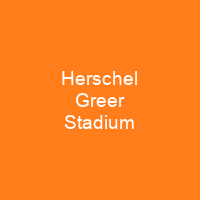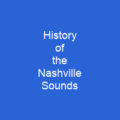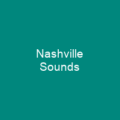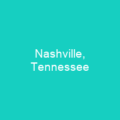Herschel Greer Stadium was a Minor League Baseball park in Nashville, Tennessee, on the grounds of Fort Negley, an American Civil War fortification. Greer was opened in 1978 for the Nashville Sounds, an expansion franchise of the Double-A Southern League who moved to the Triple-A American Association in 1985. It was the site of three minor league all-star games, eight no-hitters, including one perfect game, and a 24-inning game which tied the record for the longest game in Pacific Coast League history. The stadium played host to the team until 2014, when it was closed for good and replaced by a new baseball field in the city’s downtown area.
About Herschel Greer Stadium in brief

The ballpark was named for Herschel Lynn Greer, a prominent Nashville businessman and the first president of Vols, Inc., an attempt to keep Nashville’s previous minor league baseball team, the NashvilleVols, alive as a fan-owned enterprise, and whose family donated USD 25,000 for stadium construction. The city’s previous ballpark, Sulphur Dell, had been demolished in 1969. Larry Schmittou, the leader of an effort to bring professional baseball back to Nashville in the late 1970s, put together a group of investors including other country artists Cal Smith and Jerry Reed, as well as other Nashvillians, to finance a stadium and a minor league team. He learned from a member of the Metro Board of Parks and Recreation that neither the Parks Board or the city of Nashville would be willing to pay for such a park. The Metro Parks Board agreed to lease a plot of land at the foot of St. Cloud Hill on the Grounds of Fortnegley, a Civil War Fortification, approximately two miles south of downtown, for a period of 20 years as long as he built a stadium with a minimum capacity of 6,500 at a cost of at least US$400,000 within 10 years. The actual cost totaled USD 1.5 million. The team requested that the ballpark would open the season with road games in order to have more time to complete the stadium with the team and had to swap series with the Chattanooga Lookouts. Much of the sod that had been laid that winter died.
You want to know more about Herschel Greer Stadium?
This page is based on the article Herschel Greer Stadium published in Wikipedia (as of Dec. 06, 2020) and was automatically summarized using artificial intelligence.







